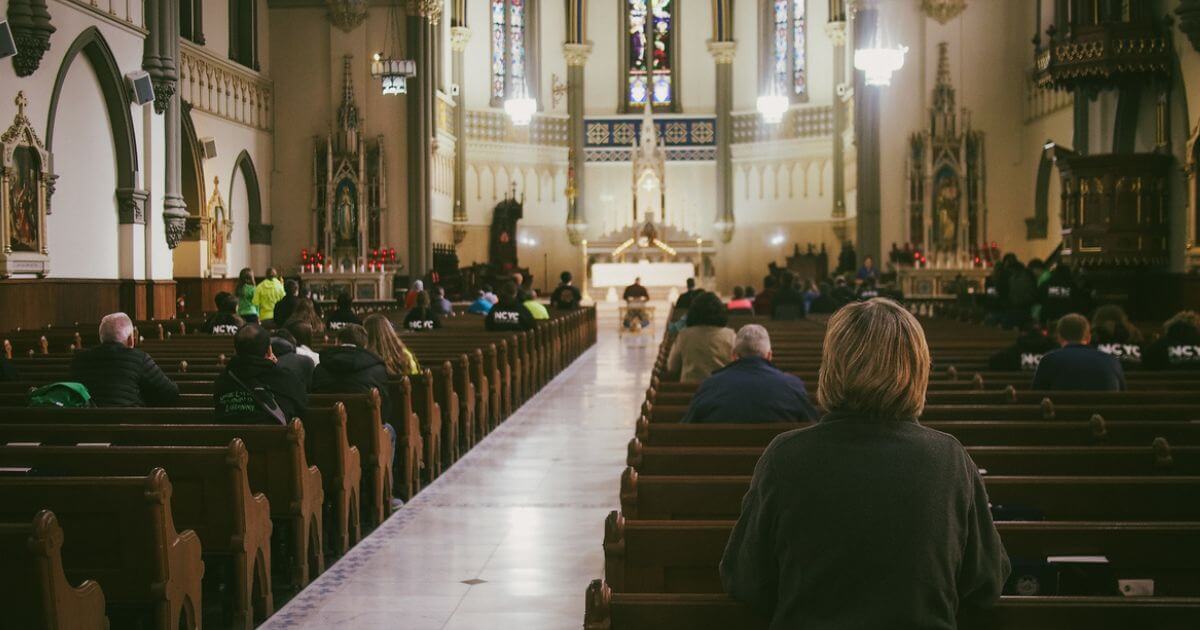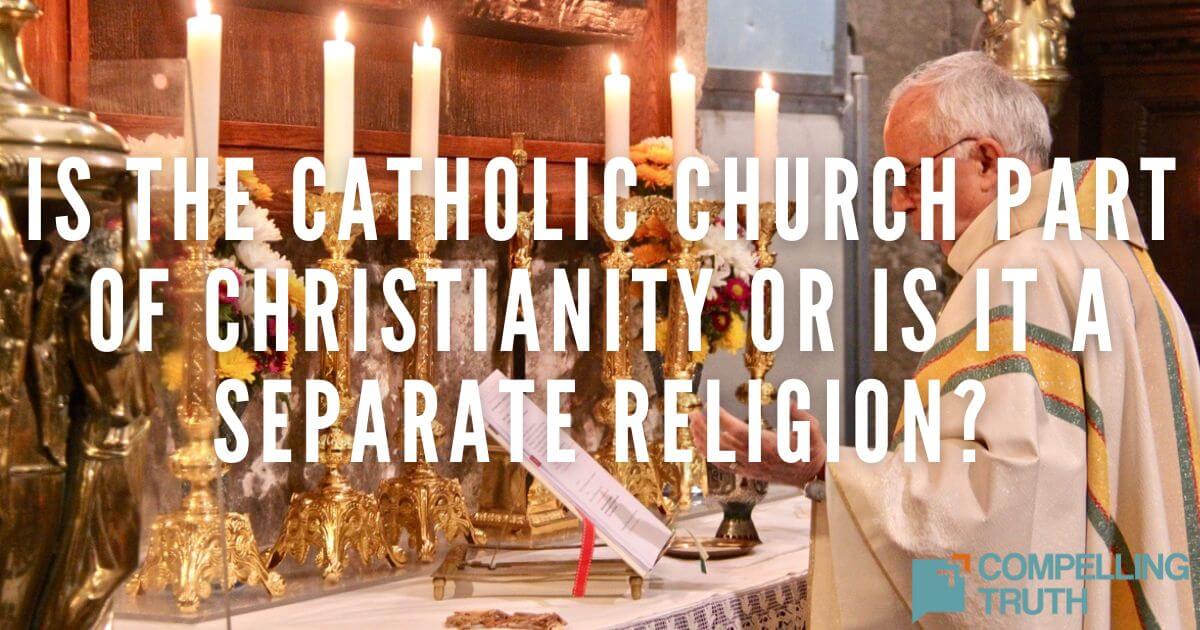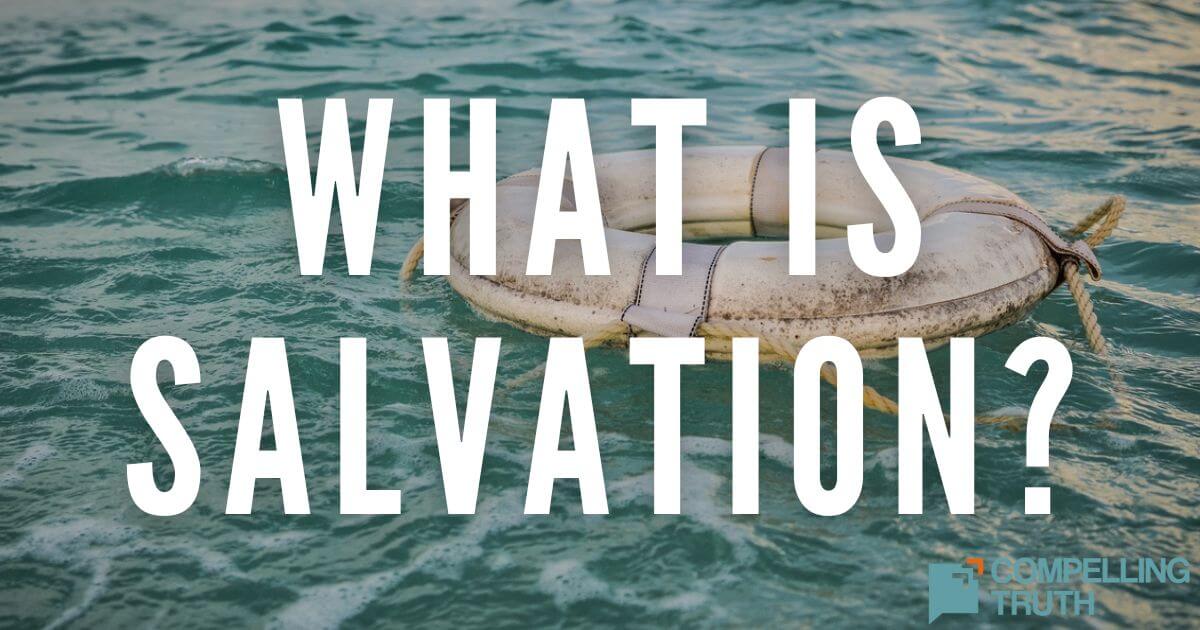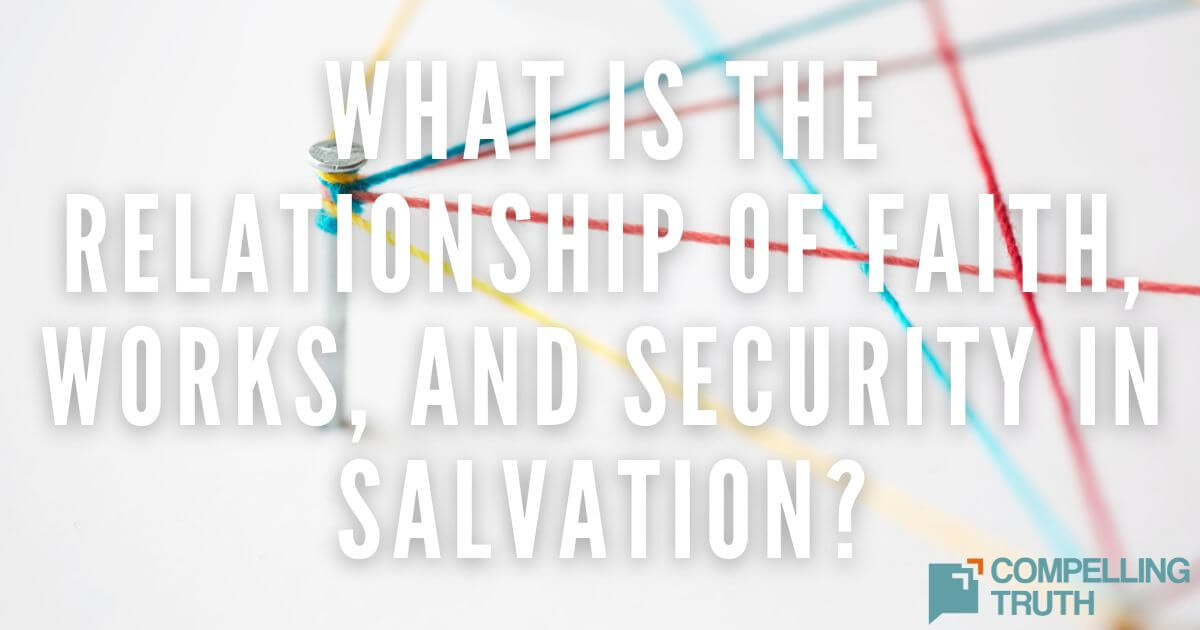what does the bible say?
The Bible teaches that salvation comes solely through faith in Jesus Christ, not through church membership, sacraments, or good works. When asked how to be saved, the apostles consistently emphasized repentance and faith. Peter declared on Pentecost, "Repent and be baptized every one of you in the name of Jesus Christ for the forgiveness of your sins" (Acts 2:38). Similarly, Paul told the Philippian jailer, "Believe in the Lord Jesus, and you will be saved" (Acts 16:31). Salvation is a gift of grace, not earned through works or religious practices. Ephesians 2:8-9 explains, "For by grace you have been saved through faith. And this is not your own doing; it is the gift of God, not a result of works, so that no one may boast." Confession of faith in Jesus and belief in His resurrection are central to being saved: "If you confess with your mouth that Jesus is Lord and believe in your heart that God raised him from the dead, you will be saved" (Romans 10:9). Believers are called to testify to and be united on the sufficiency of Christ’s sacrifice for all who believe (Romans 10:13).




